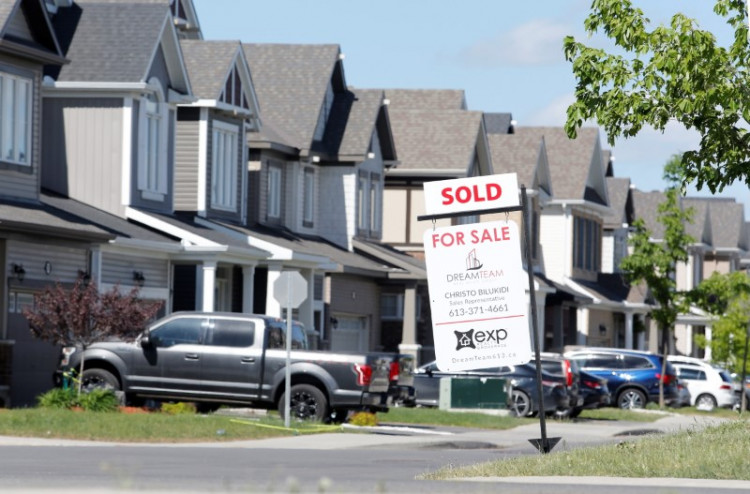In an effort to provide more housing options for locals experiencing a housing shortage, a ban on foreigners purchasing residential property in Canada went into effect on Sunday (Jan. 1). The act contains a number of exceptions that permit non-citizens, such as refugees and legal permanent residents, to purchase homes.
As per recently published government regulations, vacation homes in recreational regions are not included in the moratorium because it only applies to specific localities. Exemptions apply to foreign and Canadian spouses or partners who purchase multifamily properties with more than three units. A $10,000 Canadian fine or the requirement to sell the property, but not for a profit, could be imposed on offenders.
In late December, Ottawa also made it clear that the prohibition would only apply to city residences and not to recreational properties like summer cottages. During the 2021 election campaign, when rising prices made owning a home out of reach for many Canadians, Prime Minister Justin Trudeau proposed the temporary two-year measure.
The Liberals discreetly introduced the Prohibition on the Purchase of Residential Property by the Non-Canadians Act after winning the 2021 election. Taxes on non-residents and vacant residences have also been implemented in significant areas like Toronto and Vancouver.
The real estate market in the nation has cooled for sellers despite a recent heyday as mortgage rates have followed the Bank of Canada's aggressive monetary policy in an effort to contain inflation.
The Canadian Real Estate Association reports that the national average price of a property has decreased from a peak of more than C$800,000 ($590,000) at the beginning of 2022 to just over C$630,000 ($465,000) last month.
According to the national statistical office of Canada, less than 5% of Canadians are homeowners, hence many experts have also said that the prohibition on foreign purchasers would not have the desired outcome of making homes cheaper. Instead, they highlight the requirement for increased housing production to meet demand.
In a research published in June, the government-run housing agency Canada Mortgage and Housing Corporation estimated that by 2030, there will be a need for about 19 million housing units. In order to meet that demand, it was stated that 5.8 million additional homes must be constructed, which is 3.5 million more than is now planned.
Raising taxes on speculators and overseas investors, who made up just 1% of purchases in June 2022, and other measures were also being developed by regional governments to address the high cost of housing, according to the Times, which cited information from the British Columbia Ministry of Finance. Others argue that increasing supply should be the main goal rather than reducing demand.






